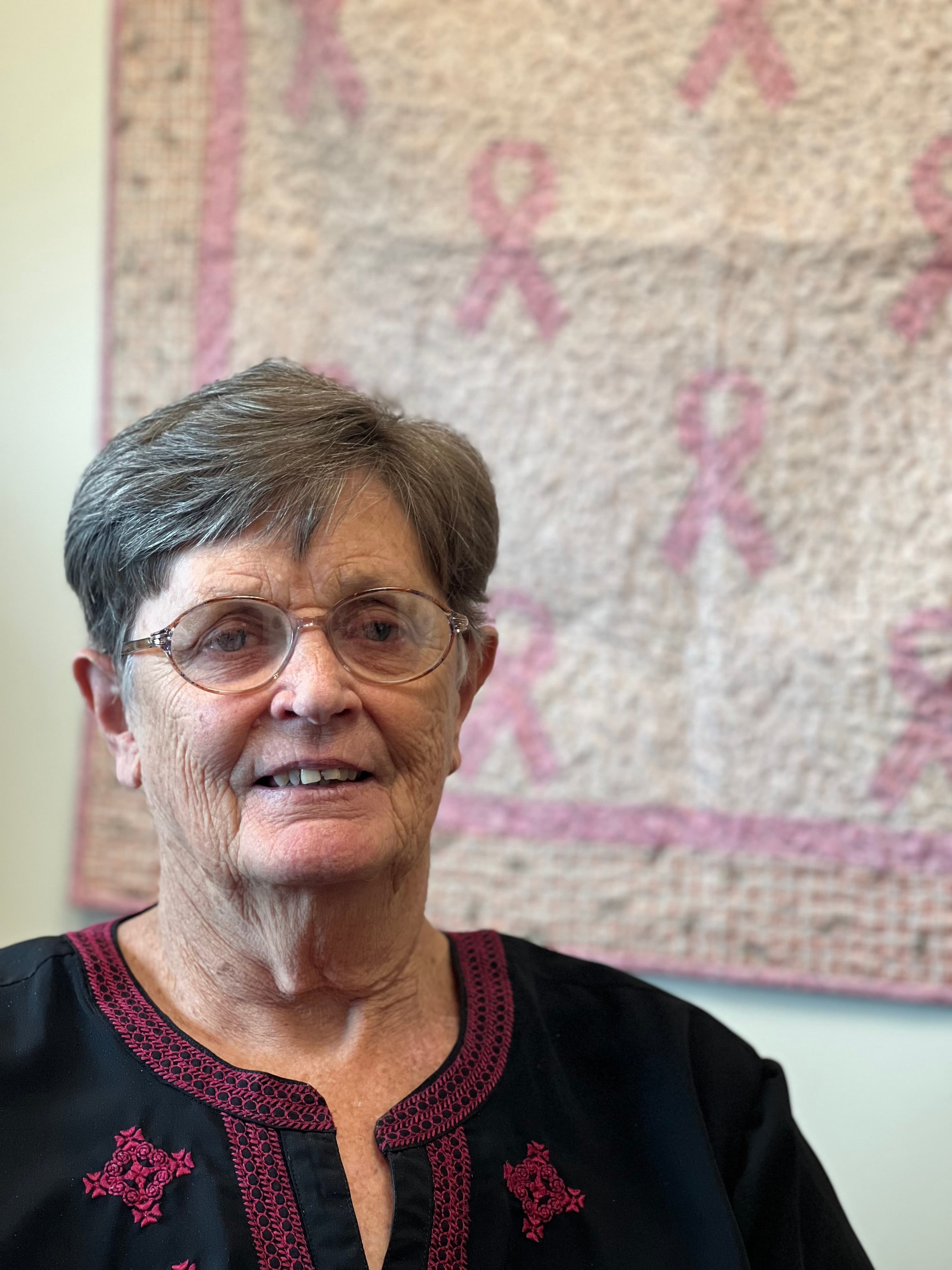by Susan Porterfield, Director, Military Veteran Mental Health Program, Florida State University College of Nursing, 07/26/2022

As a veteran who spent 13 years in the U.S. Air Force, I know the unique health challenges that current and former service members face — both seen and unseen. But in the nearly 30 years since I was medically discharged, no civilian doctor ever asked whether I served in the military. This experience mirrors that of many veterans and motivates my passion as an educator to best prepare current and aspiring health care professionals to meet the needs of the military population.
Most health care providers are not aware of the health differences between those with a military background and civilians — many of which are illustrated in the Health of Those Who Have Served Report, from different rates of depression and mental illness to chronic pain and hearing loss. To help bridge this gap, here at Florida State University College of Nursing we have developed a graduate-level certificate program in military health — supported by a grant from the United Health Foundation — to ensure our students are prepared to care for and support those who have served in the U.S. Armed Forces.
In this national online program, social workers, nurse practitioners, nurses and other providers learn what it means to serve in the military, how service affects various populations in different ways and what visible and invisible challenges these American heroes face.
To best prepare my students and tailor our courses to meet the needs of the military community, I depend on the most recent, accurate information from trusted sources like America’s Health Rankings. This year’s Health of Those Who Have Served Report reinforces our focus areas in our program: mental health challenges of those who have served, which are growing at a concerning pace, and veterans’ unique physical health needs like chronic pain and hearing impairment.
The program seeks to cultivate clinicians and leaders who are familiar with veterans’ experiences and can deliver the individualized care these patients need and deserve. I hope that through this work we can get to a point where every provider asks about patients’ military service history and be better equipped to serve those who have sacrificed so much.
